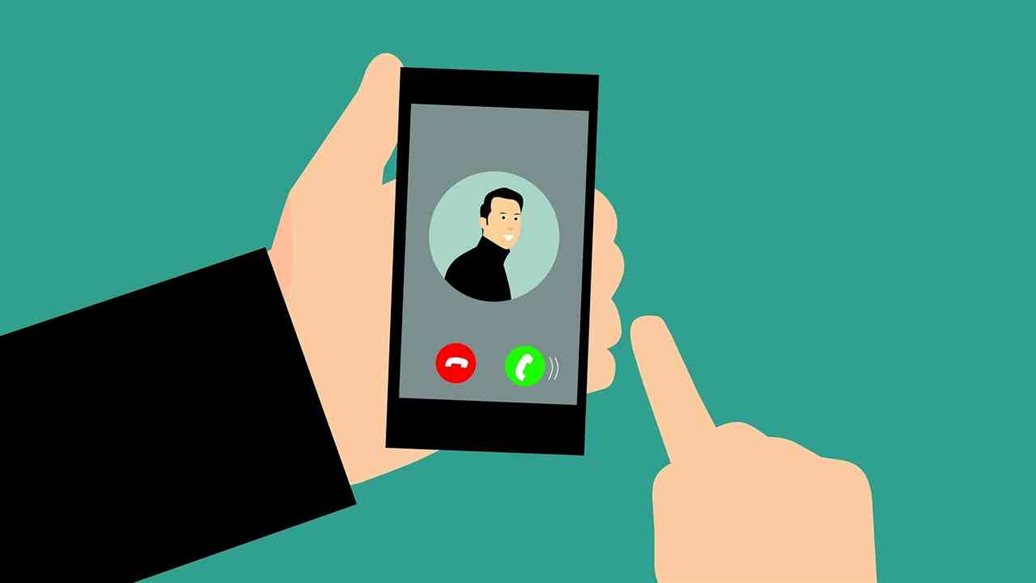The necessity of OTT Service Regulation In Nepal, Er. Yogesh Aryal
September 29, 2019, Kathmandu
First, let’s understand what is OTT? OTT refers to Over the Top service. International Telecommunication Union (ITU) defines OTT as any service delivered over the internet. Traditional services like TV is now integrated into internet-based services and OTT player became a key player in the market. OTT Service providers are growing offerings, disrupting different traditional industry verticals in the process. The voice over internet protocol: Skype, Viber, etc., short message service: WhatsApp, etc., Apps: search portals, news portals, banking, weather, shopping, etc., Cloud Services: Dropbox, Google Drive, Apple I cloud, etc., Internet Television (Video streaming): Netflix, Hulu, YouTube, Amazon
Instant Video, etc. comes under the OTT.
Regulation of Nepal regarding OTT:
Nepal Telecom Authority regulates the internet services provider in Nepal. Department of Information and Broadcasting regulates the Television Service provider and Department of Information Technology implements the e-governance and regulates the information technology.
Opportunity and challenges:
It is always a good time to assess where the telecommunication and networking industry is and where it might be going next. In the era of rapid technological change, where we can assume that we could see more transformation over the next decade than what we have seen in the previous century, there’s always a certain form of opportunity and challenges about this. The Television industry along with viewers’ demand is changing rapidly and the platform where the television industry engage are evolving at an equal rate.
Customers are increasing focus on data (media) rather than stream (traditional voice communication). The media and video were of about 10% in 2010 but it is now above 50% in 2019. The number raises more in the city area. The cable television distribution and telecommunication have been shifted towards the OTT contain media and video traffic rapidly in past years.
The government should support the proliferation of content and application services. Change is inevitable. As the service provider migrates to the latest technology, different services along with voice, video services will eventually become applications over the internet. This changeover leads governing bodies need to find alternate paths for balancing investment, innovation, and competition.
The Policy-makers cannot hold back the tides of revolution. These evolution are inconvenient for the present existing infrastructure, but the benefits of the change outweigh the challenges. The regulatory body should support the innovation and should promote competition within the operators in the industry to provide the best available service to the end-user; the people.
Presently, fifteen numbers of companies are providing network service and IPTV service provides are seven in numbers and would surely increase in number in the future. The change in technology, increase in internet service and digitization of cable distribution would surely increase the customer demand for OTT service. There are a mixed challenge and opportunity of OTT business in the country. The main challenge is to stop the loss of Operators’ revenue and an increase in the investment for promoting OTT service.
The department of information and broadcasting is the regulatory body of GoN for the television network which can also be bypassed by the service provider due to insufficiency in the regulation regarding the taxation on OTT service. Lots of International Television channel are down-linked in Nepal and are in the phase of distribution through OTT service
which needs to be regulated. The Android app and the advertisement broadcast through it needs to be regulated from being misused and loss of revenue.
In one hand, the Government is increasing taxation on the Internet which has negative impact over end-user while in another hand due to lack of proper regulation the generated revenue is being loosed by the operators and as a whole by the Government.
The Challenges to the government is to facilitate the availability, accessibility, and affordability of ICT services, ensuring the consumer protection, embracing market developments and digital opportunities, creating a competitive and enabling policy environment, promoting investment and innovation. The Policy thus made by the Government need to balance innovation, investment, and competition considering the benefits of change vs. costs.
If we see from the consumer aspects, they need the protection of rights to use the internet and OTT service. The consumer wises for that Internet should be free and open, the data should be protected and privacy should be maintained. Consumer demand for the service-based competition with better pricing of services. The Government is liable for regulating, promoting and maintain market demand.
Policy regarding OTT Regulation in Asian countries:
Looking around the globe we can find the some developed country has already established a policy on content regulation over OTT, regulation of OTT through licensing as well and through net neutrality as well (OTT as free service with the regulation of Internet). When talking about the regulation for promoting OTT-TV, a very few countries have such regulation to promote the latest technology.
Government Strategy:
The GoN regulates both the Television and Internet service. It is obvious that the technology and surely the industry definitely would be forward then the government but it the duty of policy-maker to fill-up that gap as soon as possible. There must a plan for implementing OTT service, governing it, investing in it, generating revenue, and imposing the taxation. The Nepal government is in the phase of implementing clean feed in an advertisement in international television channel but its now time to think about implementing clean feed in the advertisement in the world’s most emerging popular for OTT service as well.






